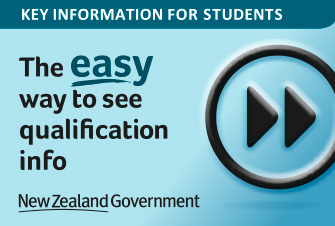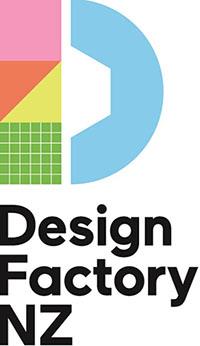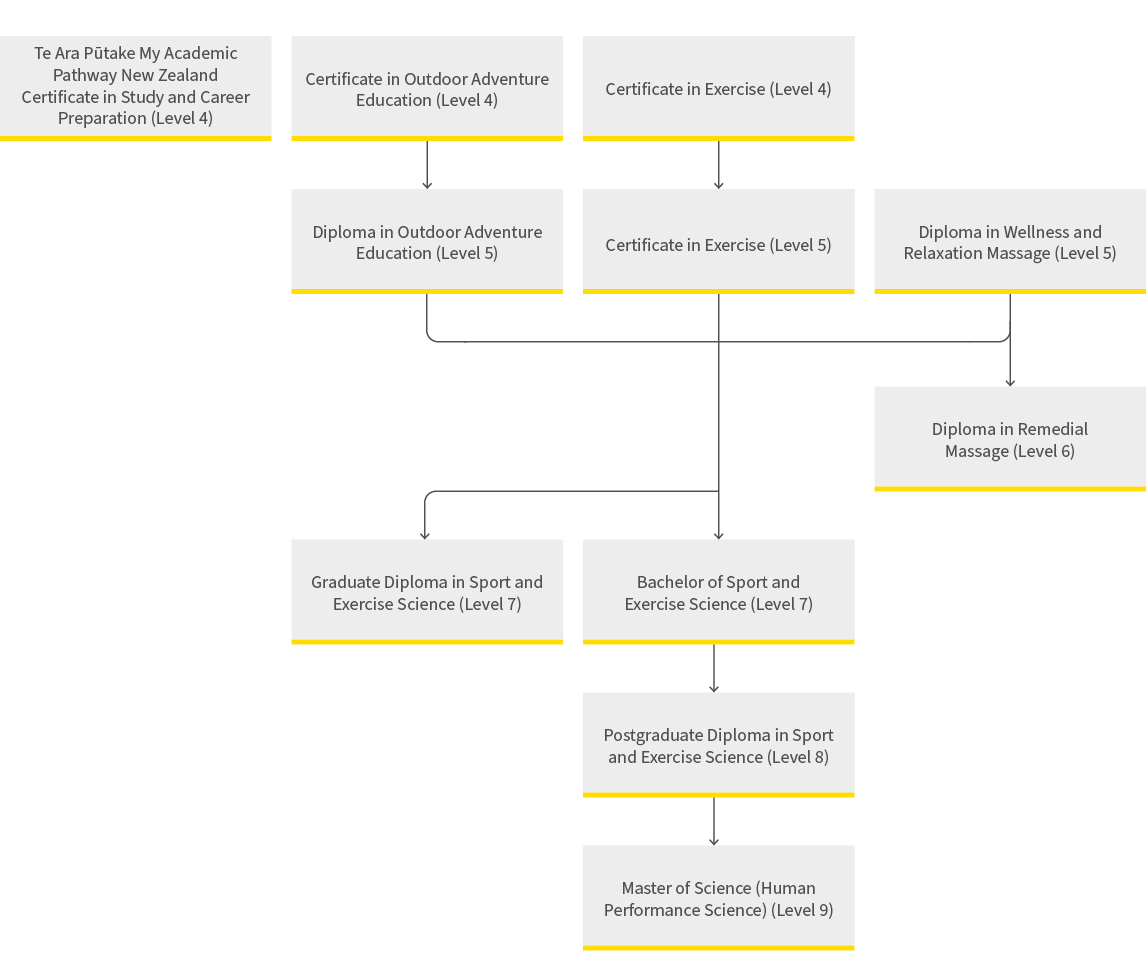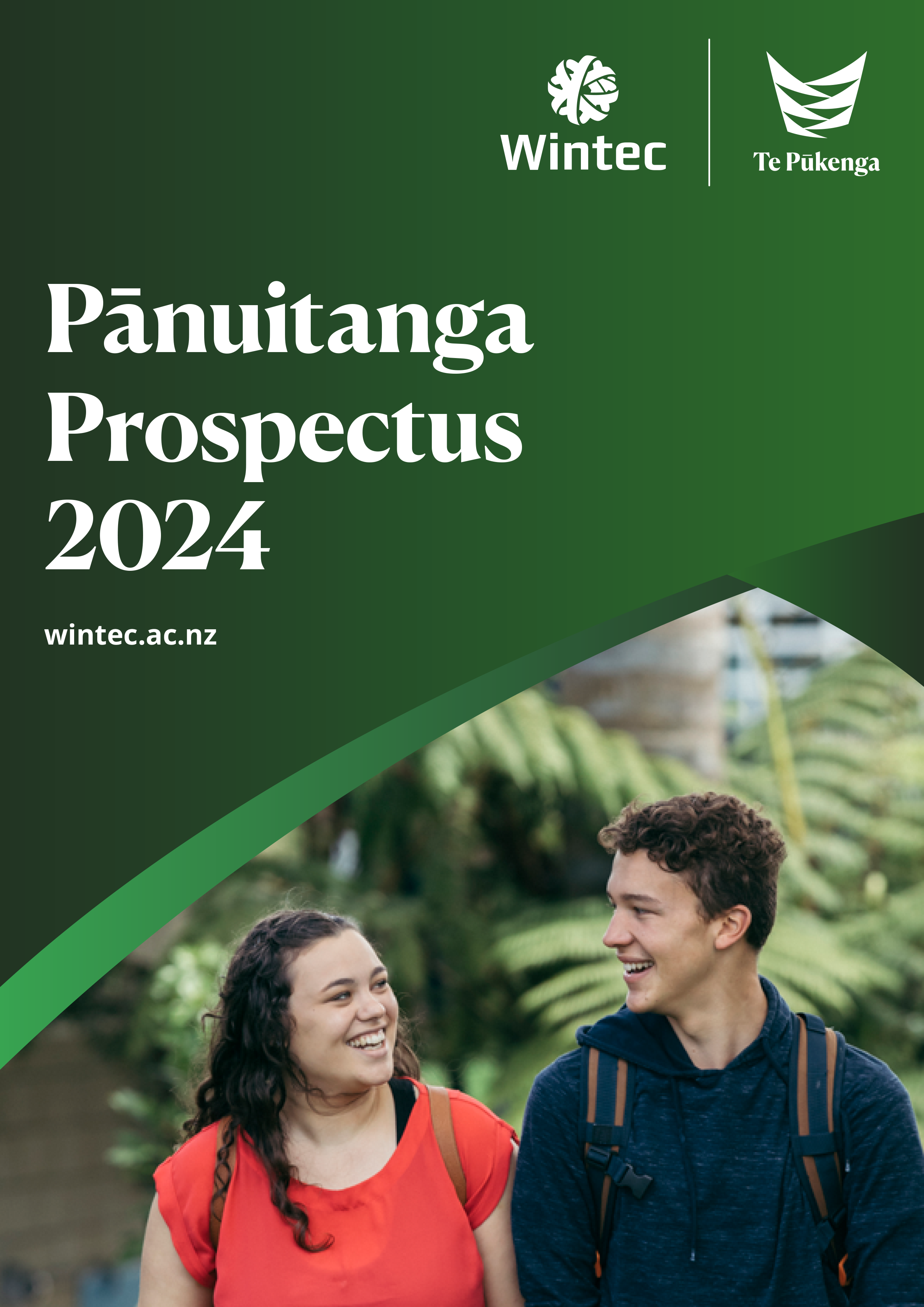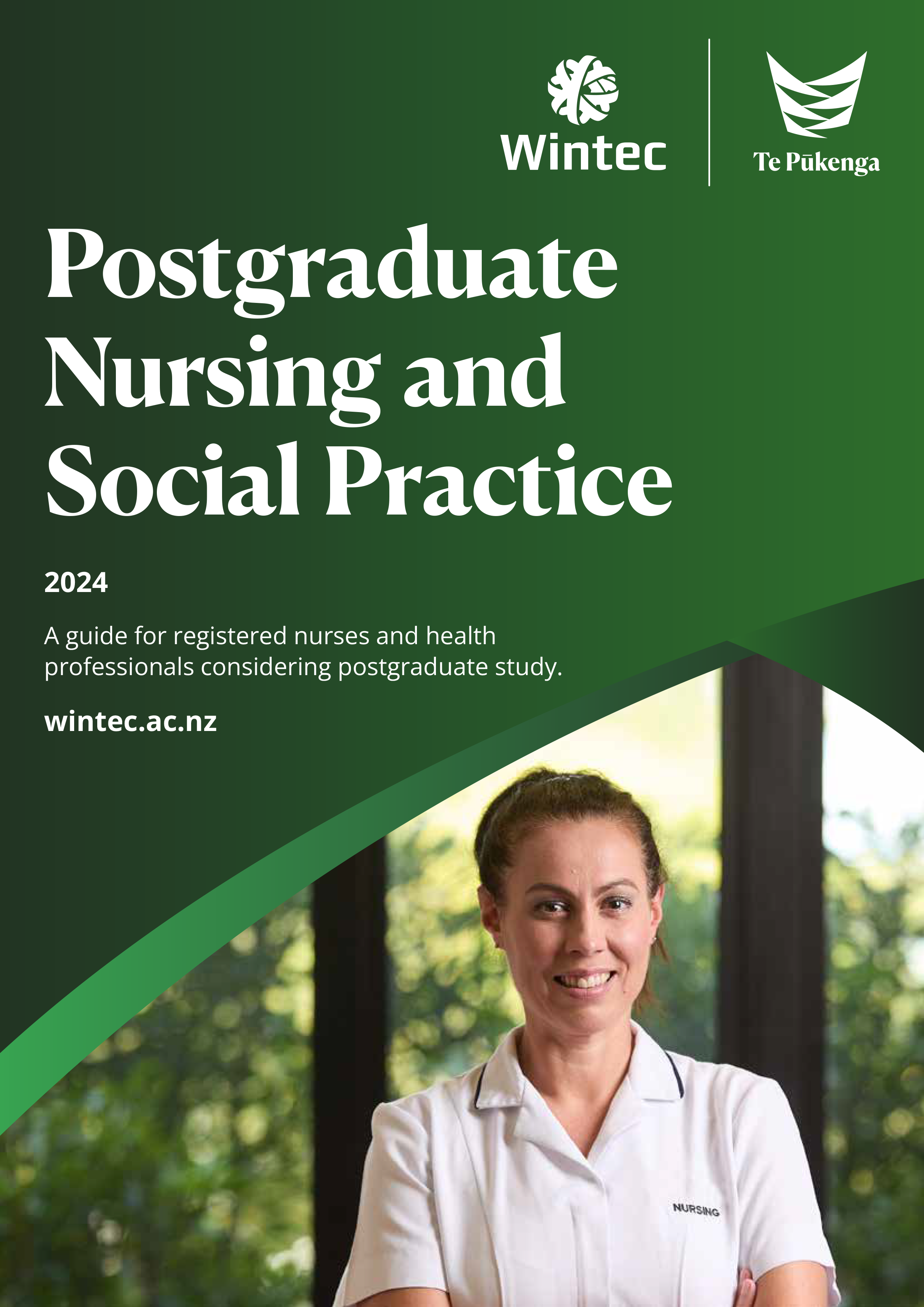Kaupapa close to the heart moves Waikato nan to study sport
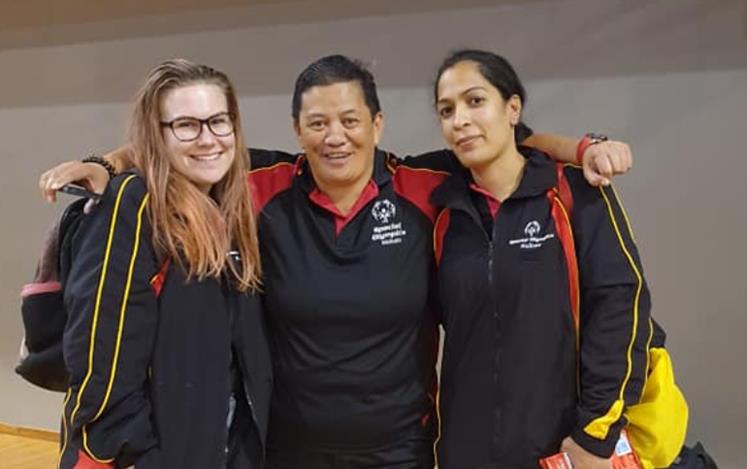
A busy Hamilton nan with a passion for working alongside people who have an intellectual disability (ID) or learning challenge, is making moves as a Special Olympics coach while also studying towards a Postgraduate Diploma in Clinical Exercise Physiology at Wintec.
Simone Kokaua (Ngāti Hinerangi, Kuki Airani), who is Hamilton born and bred, has been working with athletes with learning disabilities for many years, using basketball as her preferred sport for coaching.
“I work with people to encourage physical activity and wellness”, she says.
“Basketball is a great way to make people active, and we can adapt the sport so it caters to people at different levels and abilities. I always take the athlete’s conditions into place, and I make sure that it’s a safe zone for them to be in.”
She entered study later in her life to upskill in her field of work.
“I studied a Bachelor of Sport and Exercise Science at Wintec. I decided to do that because I was working with the skills I’d picked up over the years naturally, but I thought I needed more.
“The more you learn, the more doors open up and after completing my bachelor’s degree I worked at Sport Waikato.”
The call to keep learning was strong, and two years after graduating, she’s now back at Wintec’s Centre for Sport Science and Human Performance.
“I’ve been implementing coaching principles and sport psychology through the work I do. From my undergraduate degree I found that clinical exercise physiology was something that really fits in with the work I do.
“Those studies can help not only the athletes that I work with, but our Māori and Pasifika people, as we represent highly in many chronic diseases,” Kokaua says.
Kokaua’s involvement in working with people with ID and learning challenges started close to home, through helping out her nephew who has a dual disability.
“It all started out when my sister needed someone to drive a van for my nephew’s Special Olympics team,” she says.
“From there, I’ve been to two world games, and I’m involved with Special Olympics Waikato, the Central North Island Region Chair, and on the board of Special Olympics New Zealand – and most of this has happened in the past year, all as a volunteer!”
A large chunk of her work currently is helping the Waikato basketball team athletes get to the Special Olympics National Summer Games, held from 8-12 December 2021 in Hamilton.

Simone Kokaua poses for a photo with her team of athletes at an event hosted by Special Olympics Papakura.
Although her nephew no longer plays basketball, Kokaua has found her calling in this line of work.
She also understands the pressure of juggling lots of things at once. Not only is she a volunteer with Special Olympics and a full-time student, she works with her athletes, she’s a mum, an auntie and a nan to her energetic three-year-old mokopuna, Mia.
“You can give so much of yourself with a kaupapa like this”, she reckons.
“You’ve gotta listen to yourself and listen to your body too.”
Coming to study as a mature student has been challenging due to an already busy life. But whānau and her athletes keep Kokaua focused and determined.
“I have pictures on my desk – my family and my athletes – they’re my purpose and they keep me focused. I look at them when things get tough and the workload is heavy. That’s when I refocus and remember why I am here – they’re the people I’m doing this for.”
“I think about my athletes and what we say together – we never say, ‘we can’t’, just ‘how can we?’”
As passionate and skilled as she is, the work can be challenging, and Kokaua says that you have to adapt very quickly.
Although every coach approaches a situation differently, the person is always at the heart of the mahi they do.
“All of our Special Olympics coaches have differing views and styles, but the key focus must always remain the athlete and their wellbeing, and that’s a winner,” she comments.
“The activities have to be challenging for everyone involved even though they might be at different levels and abilities. It’s important we do this to ensure that everyone feels valued, and like they’re a part of the family.”
And they are like a big family, especially as some of the athletes involved don’t have family close.
“When they come to basketball, we’re the family”, says Kokaua.
“All of us – the coaches, athletes, caregivers, support staff.”
Kokaua’s ultimate goal is to build a business that helps people with learning difficulties and chronic disease, improving their health through physical activity to the best of their abilities.
Her dream business would see her athletes with working roles within the company, something she believes is empowering and essential.
"With the business, the athletes would be like the coordinators. This is important as they’re the ones who can relate with the client on a more personal level. This will in turn give the athletes a job, and it’s my hope that this will be a way that they can feel valued.
“For everyone, no matter what their ability, we just want to feel loved and to feel part of a community.”
Special Olympics New Zealand National Summer Games
600 volunteers are needed to help run the 2021 National Summer Games from 8-12 December 2021. A variety of roles are needed including general event volunteers, sports officials, photographers, and much more. Head to the Special Olympics website for information on how to volunteer.
Interested in studying a Postgraduate Diploma in Sport and Exercise Science?
Read more:
Morrinsville twins find the magic in performance analysis
New partnership with Wintec and Toi Ohomai a win for massage therapists wanting to upskill
Wintec Biokinetic Clinic earns gold for promoting a culture of wellness on campus

